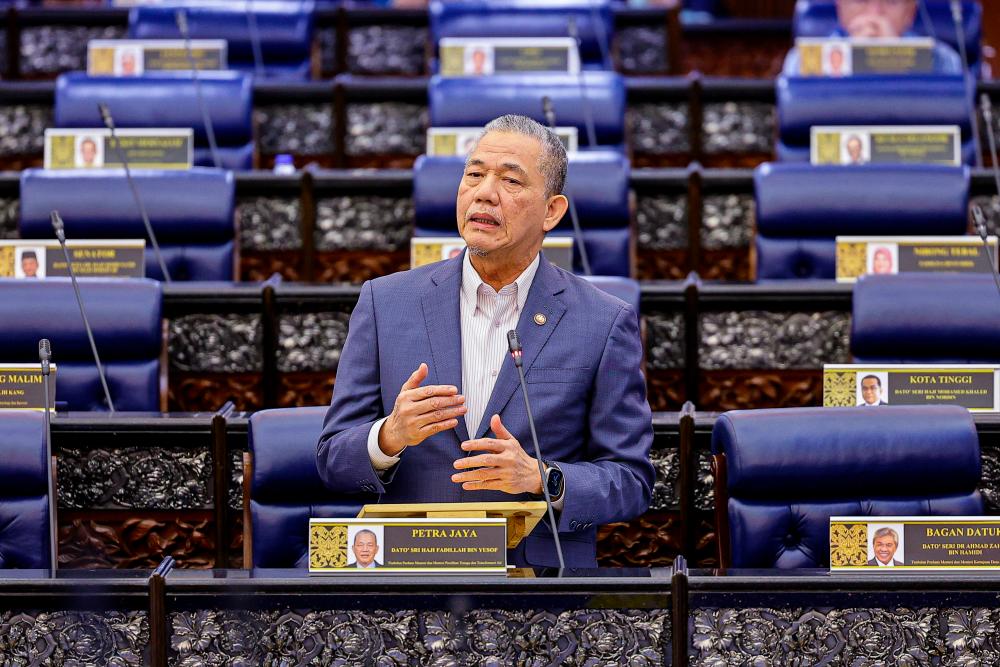KUALA LUMPUR: The System Average Interruption Duration Index (SAIDI) for Peninsular Malaysia shows good performance with a rate below the target of 48 minutes per customer per year, the Dewan Rakyat was told today.
Deputy Prime Minister Datuk Seri Fadillah Yusof, who is also Minister of Energy Transition and Water Transformation, said the SAIDI in the peninsula for 2023 was 46.10 minutes per customer per year compared to 45.06 minutes per customer per year for 2022.
“Based on the SAIDI achievement report, it clearly shows that TNB (Tenaga Nasional Berhad) has successfully maintained its performance below the set target of 48 minutes per user per year throughout that period,“ he said when replying to a question from P. Prabakaran (PH-Batu).
Prabakaran had wanted to know the intervention measures taken by the federal government for areas that frequently experience power supply disruptions.
The performance of TNB which serves over nine million customers throughout Peninsular Malaysia, is constantly monitored by the Energy Commission (EC) to ensure that the electricity supply system remains in good and stable condition, Fadillah said.
To enhance the performance of electricity supply in the peninsula, Fadillah said the government has approved TNB’s capital expenditure (CAPEX) allocation of RM6,851.5 million per year under the Incentive Based Regulation (IBR) Regulatory Period 3 (RP3) mechanism.
“This is to improve the reliability of the system with various initiatives to be implemented from 2022 to 2024.
“Among the comprehensive measures being vigorously pursued by TNB include intensifying maintenance activities, establishing Dedicated Switching Team (DCT) in areas with high disruptions, and continuously installing Supervisory Control and Data Acquisition (SCADA) facilities at selected locations,“ he said.
He added that disruptions are caused by several factors such as conductor damage, fuse box and insulation piercing connectors (IPC) malfunctions, as well as the growth of vegetation.
Replying to Prabakaran’s supplementary question regarding mitigation measures to ensure stable electricity supply during festive seasons and hot weather, Fadillah said power supply disruptions can occur during peak seasons due to increased usage rates.
In this regard, he said that the mitigation measures include ensuring the load on electrical distribution components or equipment is in optimum condition.
“For example, the load rate on transformers is kept below 45 per cent, and the load on underground cables is below 50 per cent so that TNB installations connected to premises can handle more load during peak hours.
“Other measures include condition-based maintenance work, conducting audits, and planning and upgrading low-voltage systems,“ he said. -Bernama











